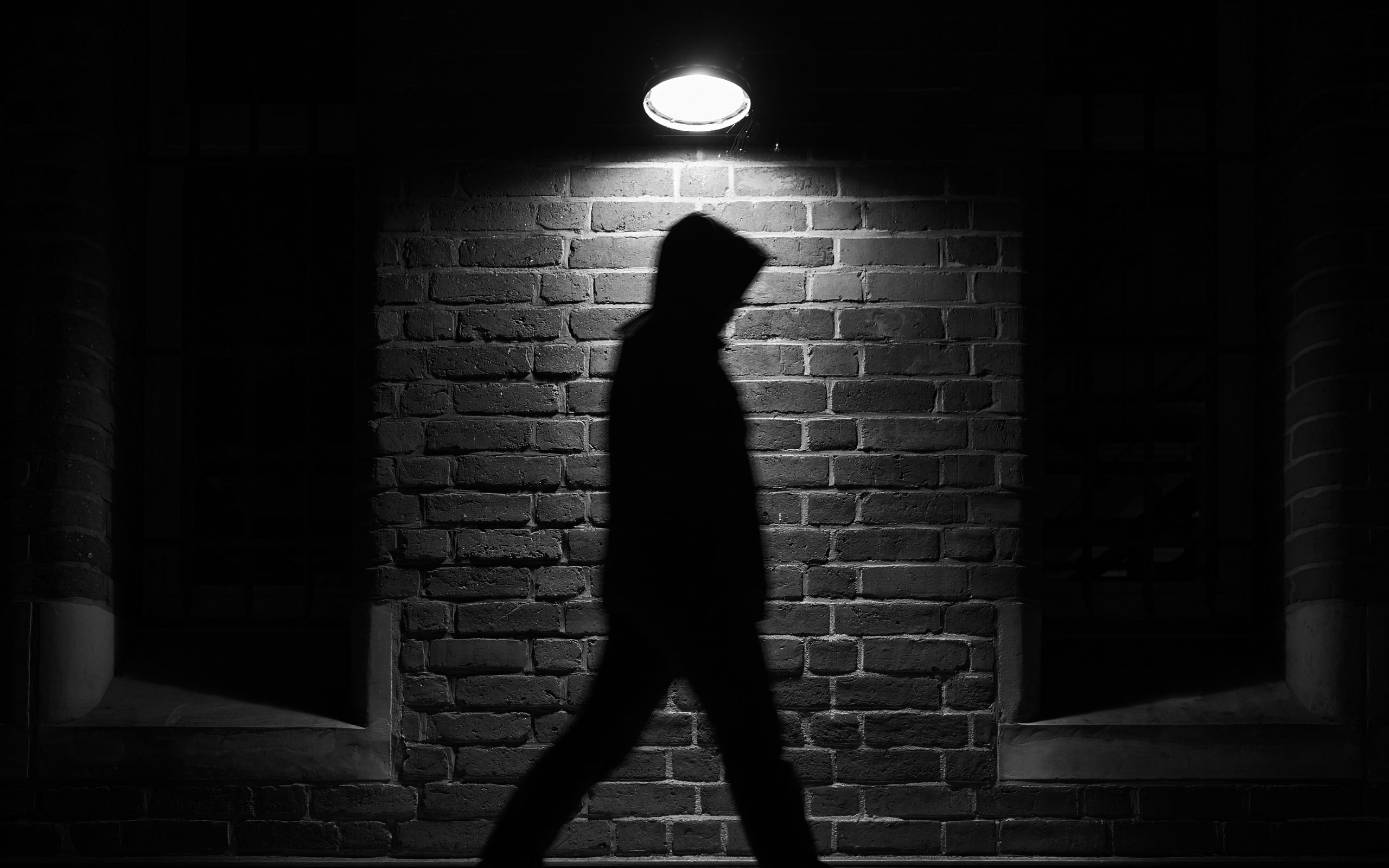The use of children as covert informants in criminal investigations has been ruled lawful by the High Court. The legal charity Just for Kids Law yesterday lost its test case concerning the use of children as spies by the police and other investigative agencies.
For background, read here. They argued that government guidance on the use of children as spies lacked appropriate safeguards to protect children from physical and emotional harm.
Mr Justice Supperstone ruled that the ‘very significant risk of physical and psychological harm’ to young people being informants was ‘self-evident’. ‘It is for this reason that there are special rules applicable to them. The enhanced risk assessment requires a detailed evaluation of the risk pertaining to a particular juvenile’s deployment as a CHIS (juvenile covert human intelligence source) prior to authorisation.’
He continued: ‘The result is that the number of juveniles used . . . is low. The authorisation is for a short duration of four months, they are kept under monthly review and the authorising officer is under an ongoing obligation to consider whether the authorisation continues to be appropriate.’
Enver Solomon, chief exec at Just for Kids Law, said the group was ‘disappointed’ and that they were considering their options for how to proceed with the case. ‘We remain convinced that new protections are needed to keep these children safe,’ he said.
While we are considering our options, our crowdfunding campaign remains open for anyone who wants to help us take this case forward and stand up for vulnerable children in danger of exploitation: https://t.co/Xt7yVNKoun
— Just for Kids Law (@Justforkidslaw) July 8, 2019
Since January 2015, 17 CHIS authorisations relating to juveniles have been approved across 11 public authorities in total including one 15 year old (all others were either 16 or 17).
The judgment quoted a letter from the Investigatory Powers Commissioner Lord Justice Fulford who reported that ‘in the vast majority of cases’ the approach was only considered when the juvenile was ‘already engaged in the relevant criminality or is a member of a criminal gang and that they are not asked to participate in activity that they were not already undertaking’. ‘Overall, the low numbers show that this tactic is only utilised in extreme circumstances and when other potential sources of information have been exhausted,’ he said.
However a memorandum to the legislation (Regulation of Investigatory Powers (Juveniles) (Amendment) Order 2018) notes that as young people were ‘increasingly involved, both as perpetrators and victims, in serious crimes including terrorism, gang violence, county lines drugs offences and child sexual exploitation’ there was ‘increasing scope’ for child informants to ‘assist in both preventing and prosecuting such offences’.







